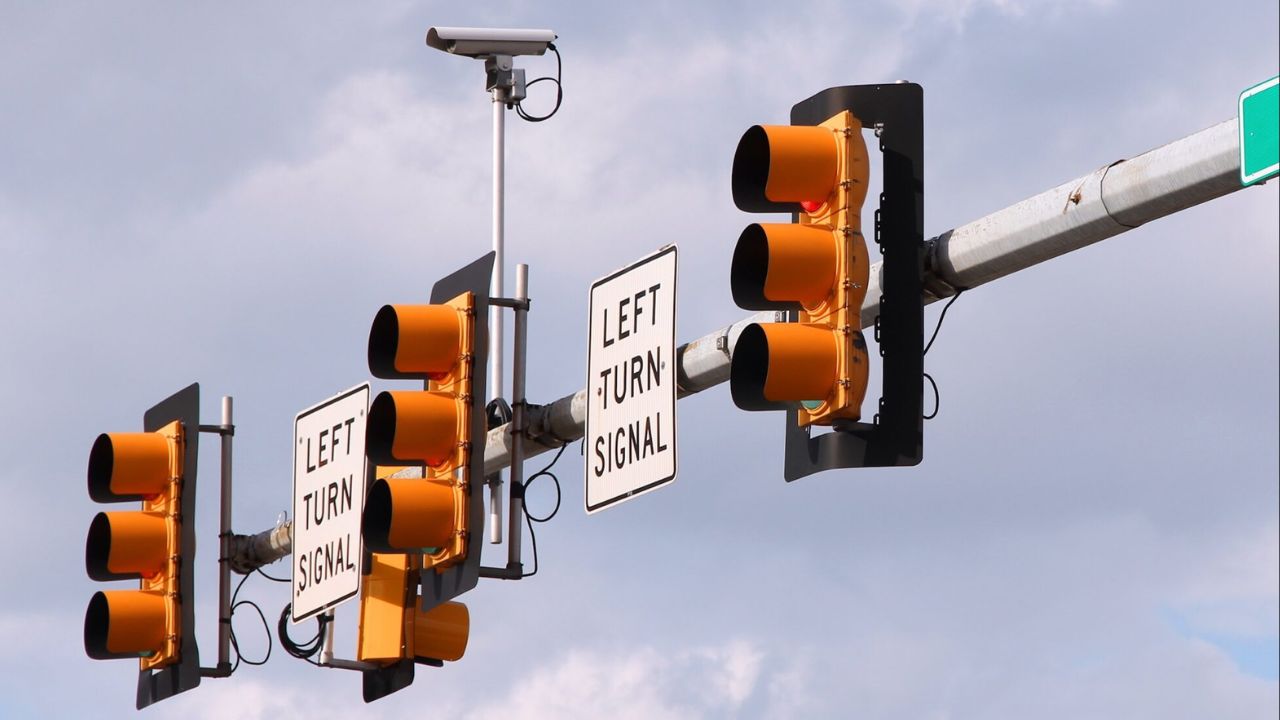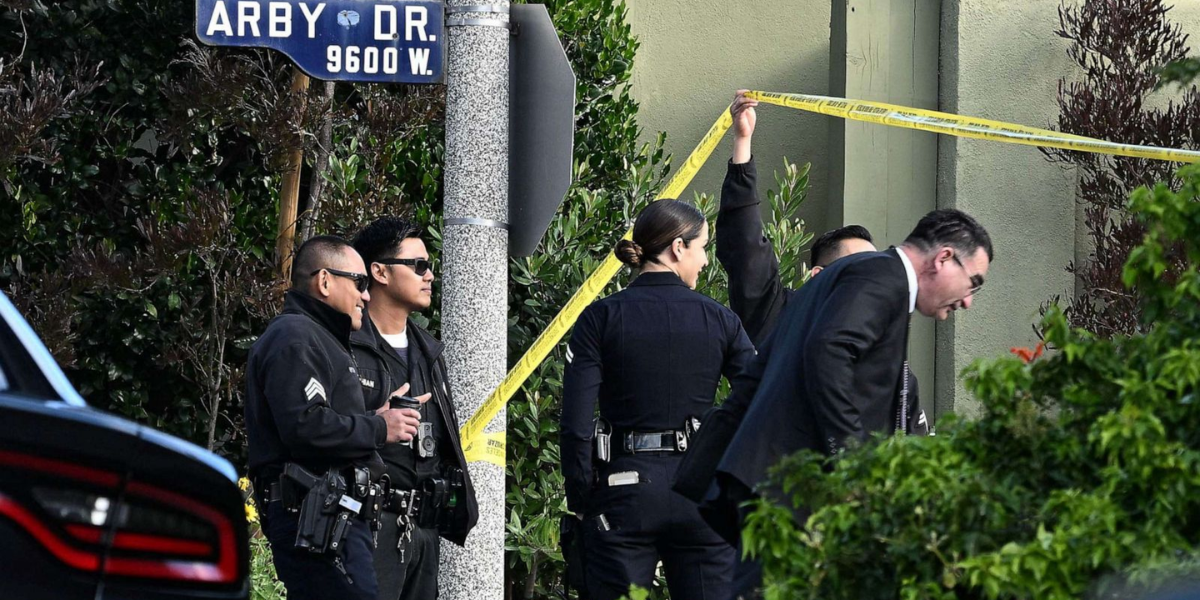Pittsburgh, Pennsylvania – In a move aimed at improving traffic safety and protecting pedestrians, the Pittsburgh City Council has approved legislation to install automated red light enforcement cameras at high-risk intersections across the city. The program, which has been in discussion for months, is now set to move forward with cameras designed to catch drivers who run red lights and endanger others on the road.
Why Pittsburgh Is Turning to Red Light Cameras
Red light running has long been a concern in Pittsburgh, with residents frequently raising complaints about dangerous intersections. Council members noted that one of the most common — and hazardous — situations involves pedestrians or bicyclists caught in a crosswalk while drivers ignore a red light.
By turning to automated cameras, city officials hope to reduce crashes, protect vulnerable road users, and encourage drivers to obey traffic signals.
What the New Legislation Includes
The measure, championed by Councilperson Erika Strassburger, authorizes the city to install both cameras and sensors at designated intersections. These devices will automatically capture images of vehicles that run red lights, eliminating the need for police officers to be physically present to issue citations.
Council leaders stressed that this approach is about preventing accidents, not generating revenue. Similar programs in other Pennsylvania cities, including Philadelphia, have shown measurable reductions in red light violations and related crashes.
Warning Periods and Fines
According to CBS News, To give drivers time to adjust, the legislation includes a phased rollout of penalties:
- At the first location where red light cameras are installed, there will be a 60-day warning period.
- At all additional locations, drivers will receive a 30-day warning period before fines are enforced.
- After the warning period expires, violations will carry a $100 fine.
Importantly, signage will be posted in advance to inform drivers that red light enforcement cameras are in use. Officials said the goal is deterrence through awareness, not surprising drivers with unexpected tickets.
Locations Still to Be Determined
The exact intersections where cameras will be placed have not yet been finalized. City officials explained that the selection process will be data-driven, focusing on intersections with the highest rates of red light violations, crashes, or pedestrian safety risks.
Read Also: Coast Guard Makes Historic $473 Million Drug Seizure Off Florida Coast
This means that the program could have the most impact in areas where residents have repeatedly voiced safety concerns. The city’s Department of Mobility and Infrastructure is expected to work closely with traffic engineers and safety experts to determine the first rollout locations.
How Red Light Cameras Work
The automated system is straightforward. When a driver enters an intersection after the light has turned red, the camera will snap a photo of the vehicle’s license plate. That evidence will then be reviewed, and if verified, the registered vehicle owner will be issued a fine.
Because no police officer is required to be on-site, enforcement is consistent, efficient, and cost-effective. Studies have shown that automated systems often lead to significant reductions in red light running within months of implementation.
Balancing Enforcement and Fairness
While the technology promises safer streets, city officials emphasized safeguards to ensure fairness and transparency. All captured images will be reviewed before a citation is issued, and drivers will have an opportunity to contest tickets if they believe the camera was triggered incorrectly.
Additionally, revenue from fines is expected to be reinvested into traffic safety initiatives and infrastructure improvements, creating a cycle that benefits the broader community.
A Step Toward Safer Streets in Pittsburgh
Pittsburgh joins a growing list of U.S. cities adopting automated enforcement to protect pedestrians, cyclists, and drivers alike. While critics of such systems sometimes raise privacy or fairness concerns, city leaders insist the benefits outweigh the drawbacks — especially when it comes to saving lives.
As Councilperson Strassburger put it, the program represents “a proactive step toward making Pittsburgh’s streets safer for everyone.”
What Residents Can Expect Next
Residents can anticipate seeing signs and updates in the coming months as the city finalizes its rollout plan. Once the warning periods conclude, fines will take effect, meaning drivers who ignore red lights could face real financial penalties.
City officials encouraged Pittsburghers to see the cameras not as punitive tools, but as a way to prevent crashes and protect the community.
What do you think about Pittsburgh’s new red light camera program? Will it make the streets safer, or do you have concerns about automated enforcement? Share your thoughts with us in the comments on ibwhsmag.com and join the conversation about how Pittsburgh can balance safety and fairness on its roads.


 by
by 

